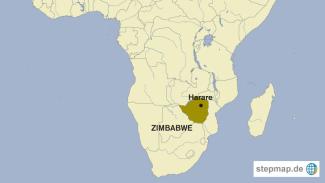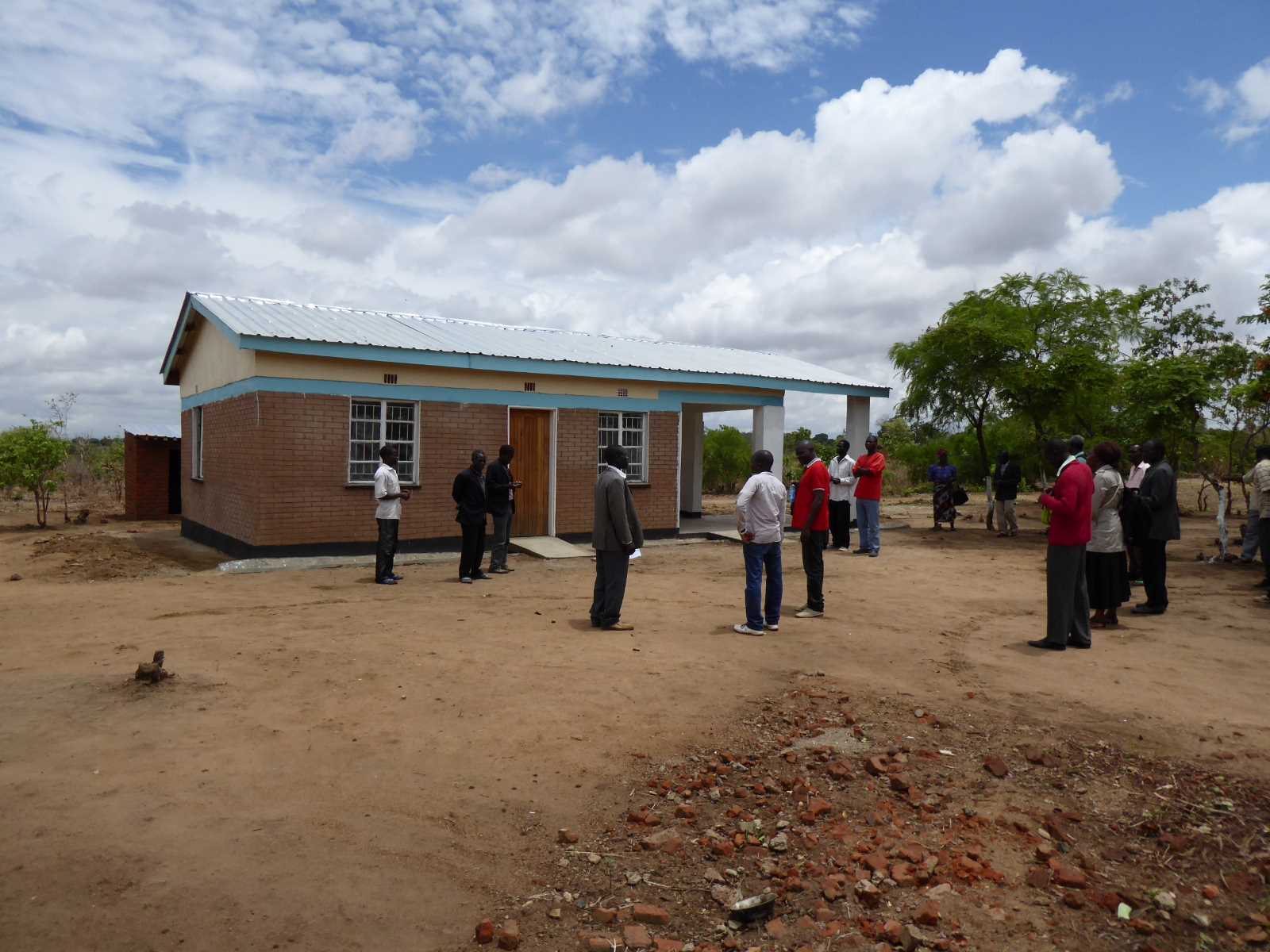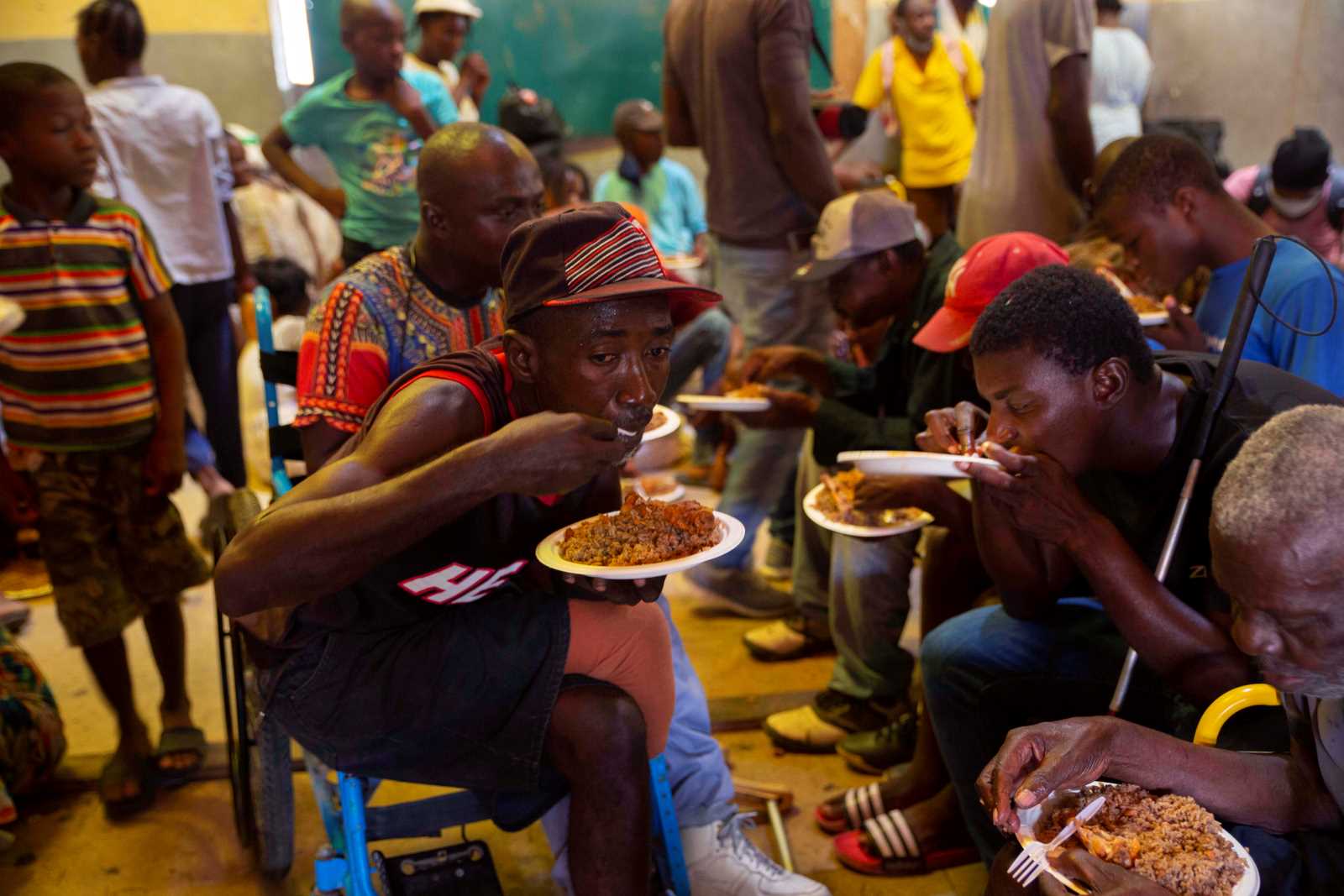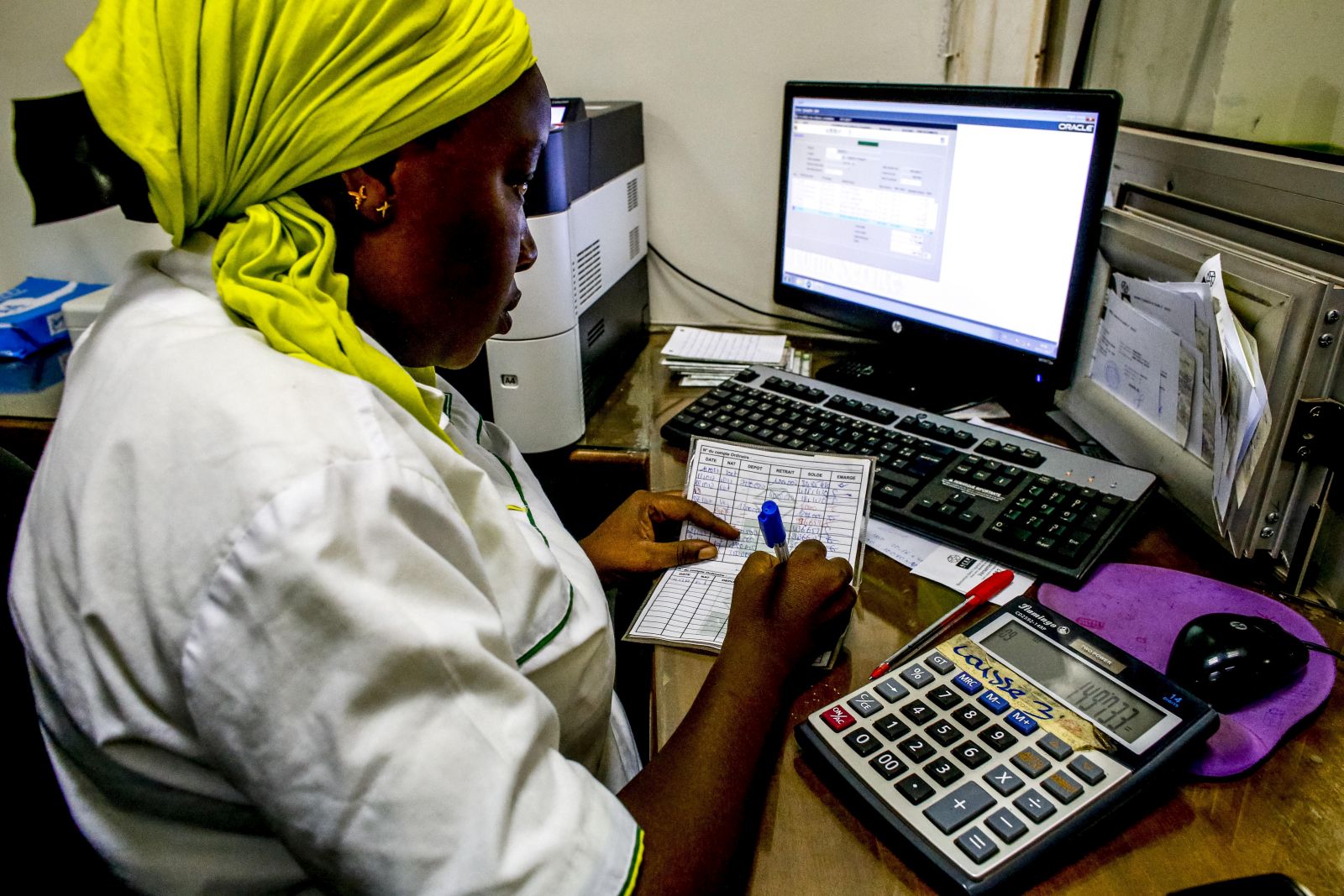Health
A weakened fight against AIDS

According to the Joint United Nations Programme on HIV/AIDS, the prevalence of the disease in Zimbabwe – a measure of the proportion of cases in the population at any given time – dropped from 28 % in 1997 to around 15 % today. The current prevalence rate translates to 2.1 million Zimbabweans with the disease. Of these, 1.3 million are in the government’s antiretroviral treatment programme.
The fall in the prevalence of AIDS would be encouraging except for an unfortunate development: a worsening economy is threatening to reverse some of the gains made.
A perfect storm of economic forces, including inflation, high unemployment and drought, is endangering both the success of the programme and the outlook for the country’s AIDS patients. “If the economy and drought keep haunting the country, progress made in fighting HIV and AIDS may be lost,” said an official in Zimbabwe’s Ministry of Health. He spoke on condition of anonymity as he was not authorised to speak to the media.
Non-government organisations share those concerns. “HIV-related deaths have started to increase, although that is not being said in the public domain,” says Leonard Ndlovhu, a member of the Zimbabwe National Network of People Living with HIV.
Inflation tops the list of the country’s economic problems. The International Monetary Fund puts Zimbabwe’s inflation rate at 300 %. High inflation takes a toll on everyone, but it places an especially heavy burden on AIDS patients who are already living on the edge of poverty. “Zimbabwe's collapsed economy now even means many people can’t afford condoms needed to prevent HIV and AIDS,” notes Claris Madhuku, head of the Platform for Youth Development, a non-profit organisation.
Inflation also creates problems for patients who need transportation to treatment centres. “It now costs 20 Zimbabwean dollars (about $ 0,06) for a single minibus trip to the local clinic where we fetch our treatment drugs,” says 43-year old AIDS patient Denis Muchenje. His wife, 36-year old Miranda Muchenje, who is also receiving treatment, adds that “several times we had to miss treatments due to lack of bus fare to travel to fetch drugs.” When they can, the couple walks 25 kilometres to access HIV treatment.
Unemployment – a widespread problem for AIDS patients – adds to their woes. “With limited help from donors or government, people like us just suffer because we are also without jobs,” Denis Muchenje says.
A serious drought has made matters worse. According to the UN World Food Programme, more than 2 million Zimbabweans already face starvation after the drought significantly reduced harvests. UNICEF estimates that nearly 5.5 million Zimbabweans will need food aid in 2020.
AIDS patients who depend on food assistance from the Ministry of Health are among the hardest-hit. “Nutritional food rations have become hard to get these days,” says Tarisai Mujoko, a 31-year old woman living with HIV in the southern Mwenezi district.
Jeffrey Moyo is a journalist based in Harare.
moyojeffrey@gmail.com












